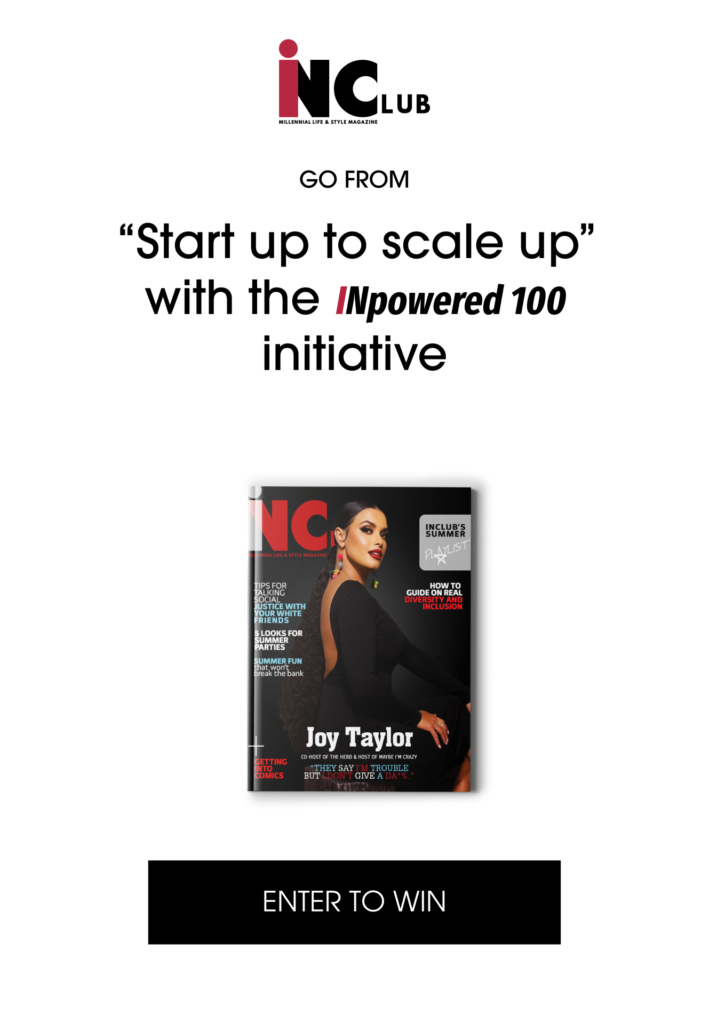College Life, Features, Life Advice
Taking a Gap Year? Tips to Making the Most Out of it
I took a gap year between medical school and surgical residency. My reason was different than most people who take a gap year between high school and college. I didn’t match. For those not in medicine, matching is the process by which fourth year medical students around the country are selected residency positions. For multifactorial reasons, I didn’t get selected the first time and it forced me to take a gap year. Taking a gap year in my position wasn’t a positive thing. It implied a blemish in my application. It removed me from clinical medicine at a crucial time in my development. And it had the potential to make it more difficult to match the subsequent year- depending on how I used the time.
It turned out to be the best year of my academic career. But that’s because I did it right. I used my time strategically and intentionally. And though my experiences were diverse, they pointed me in the direction and propelled me into what I would do next. If you’re considering taking a gap year, at any point in your academic/professional career, it can be an amazing year- one that can bear fruit for many years to come. But there are some rules to doing it right. Here are tips to making the most out of a gap year.
Plan

The decision to do a gap year has to be intentional and strategic. Having a vision and plan for the year is the most important first step. Make a vision board about the things you’d like to do in the year and what you’d like to learn. But be realistic- a year will go by fast. The planning doesn’t stop there. During my gap year, I split the year into quarters, where I would pause every three months to assess what I had done and re-examine what I wanted to do next. This practice provided me accountability to the goals I set out for myself. Every day, I made a to-do list. This forced me to be goal oriented even in the little tasks.
Title your year/Invest in Yourself
What does that mean? This can be figurative or literal. It can be existential or practical. It can be doubling down on prior passions or learning a new skill. Your gap year must be about something. If it’s for academic advancement, it may mean you work with a research team, or find an internship position. If it’s for developing a personal interest, it may mean you sign up for a class or invest in new equipment. There must be an entity that creates a through line in your year, marking its beginning and end. This allows you to be accountable to something for the duration of the year. A wasted year is one not having invested in yourself. Invest in your perspectives, personal growth, mental health, or career. Or all of the above.
At the end of the year, the goal is to be able to define a practical accomplishment for the year.
Travel

The opportunity to travel when your responsibilities are minimal is one of the most attractive benefits of taking a gap year. Traveling allows you to spend an extended amount of time immersing yourself in a culture other than your own. The dividends it pays on your personal growth and perspective can’t be compared to any other experience. And the lessons you learn from people living their version of life in other cultures remain with you for the rest of your life. There are hundreds of programs for those taking gap years that offer immersive experiences around the world.
Invest in family and friends
Your gap year shouldn’t solely be about you. Soon enough, the grind of life, school and career can make it difficult to sow into close relationships. Use your time off to reach deeper levels of relation with the people that matter most. Invest in those relationships by spending more time and asking deeper questions. A secondary aspect to this is cultivating new relationships and building your network. No matter how you decide to spend your year, you will meet new people connected to the new passions you’ve sought out. Take those relationships seriously.
Have an End
The biggest fear about taking a gap year is that it becomes unneeded gap year(s). When deciding on taking a gap year, consider when it will end and what your plans are afterward. What is your on-ramp back into the journey of your career. If it means going back to school, set a deadline for when applications start. Also, many colleges allow the deferment of your acceptance up to one year. As intentional and strategic as you have to be about planning your year, the same goes for planning the end of your year.
Gap years can be a fruitful experience. I sure as heck believe that. In fact, many countries around the world mandate service year(s) after secondary school (high school) for all their students. It is acknowledged the value of volunteerism, travel and passion projects as gratifying experiences to increase personal growth. And the value is there for both the individual and the collective. If you’re thinking about doing a gap year, really consider it! But know that it should be done right to reap its benefits.



